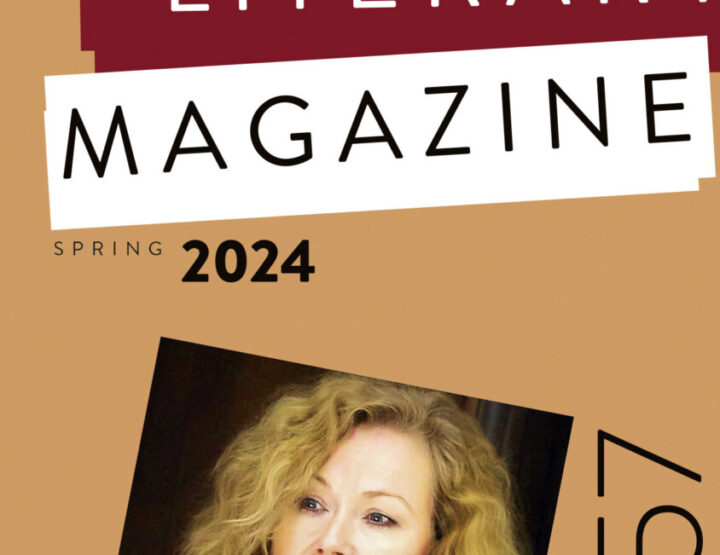Starting in September 2002, the programme of the Finno-Ugric chair at Budapest University will offer a seminar on contemporary Estonian literature and translation. The seminar is jointly organised by the chair and the Estonian Institute, with the main organiser being the Estonian Institute in Hungary. The students can take it as an elective subject, but it is also open to interested people from outside Budapest University.
According to the cooperation treaty between the Republics of Estonia and Hungary, it has been possible since 1994 to study Estonian language and culture at Budapest University. The experience of teaching Finnish was used in compiling the programme.
What was originally a facultative form of study, freely accessible to everyone, soon outgrew its framework, thanks to increasing interest in Estonian language and culture, and the exchange programme of the two Ministries of Education (each term, two Hungarian students can study at Tartu University, and two Estonian students can study at Budapest University). Soon, the expanding Estonian programme became larger than the Finnish one. Those studying Estonian language had a chance, from the very start, to participate in literary seminars. Estonian literature was a two-term course, the first term covering the early literature up to the period of the National Awakening, and the second term covering the birth of the epic Kalevipoeg up to the present day.
In 2000, the facultative language studies became the Estonian language subject that passed through university accreditation with flying colours. Due to an increasing study load, the programme had to be re-examined. New requirements and conditions led to the widening of the range of topics. This was no easy matter for the overworked lecturers.
Another impetus for conducting the translation seminar was the scant representation of contemporary Estonian literature in Hungarian. The situation is not quite as hopeless as it was a few years ago; several prose and poetry collections have been published. However, the most recent literature has not reached Hungarian readers, partly because no younger translators have emerged.
Considering this, the Estonian Institute decided to organise a literature and translation seminar. Ideally, this would gather a group of people interested in translating Estonian literature and provide them with the Institute’s assistance. Together they could choose the books for translation and prepare sample translations for the publishing houses. The Institute could also help find financial support to pay decent money for the work. From the start it was planned to unite the seminar with the university programme, because the seminar will naturally include an overview of Estonian literature of the past few years, of new trends in Estonian literary theory, etc. We of course hope that those interested in Estonian literature who have already completed Estonian language or Finno-Ugric studies at the university would join the seminar as well.
Knowing practically all the potential participants of the seminar (the number is not that large), it is possible to work quite intensively, giving everybody a chance to discuss their problems. In order to provide accurate information, guest speakers will be invited from Estonia, including writers, lecturers on literature and translators. The lectures will be preceded by an introductory course in theory. The Estonian Institute has made preparations also in this area, accumulating the newest books and magazines about literature, including fiction (the financial possibilities of a university library are obviously limited). It is essential that the seminar and future translators have useful advice on what Estonians themselves consider worth translating into Hungarian.
Motivation naturally plays an important part in translating Estonian literature. The first sample translations may appear on the Hungarian-language, newly updated, homepage of the Institute; beginners, too, need to have an outlet for their work.
It would also be useful to enable interested people who happen to be enhancing their language skills, say, in Estonia, Finland or the USA, or who are currently working on their Ph.D.s, to participate in the seminar via Internet.
If the seminar results in even one new book and one new translator of Estonian literature into Hungarian, a major step towards introducing Estonian literature will have been taken.
© ELM no 15, autumn 2002



